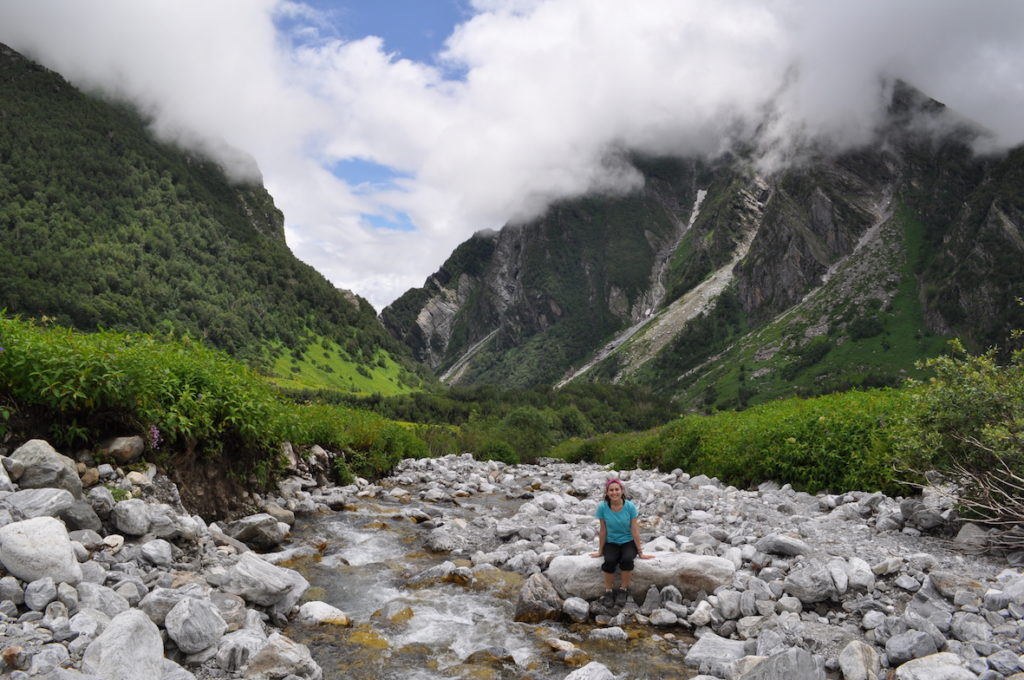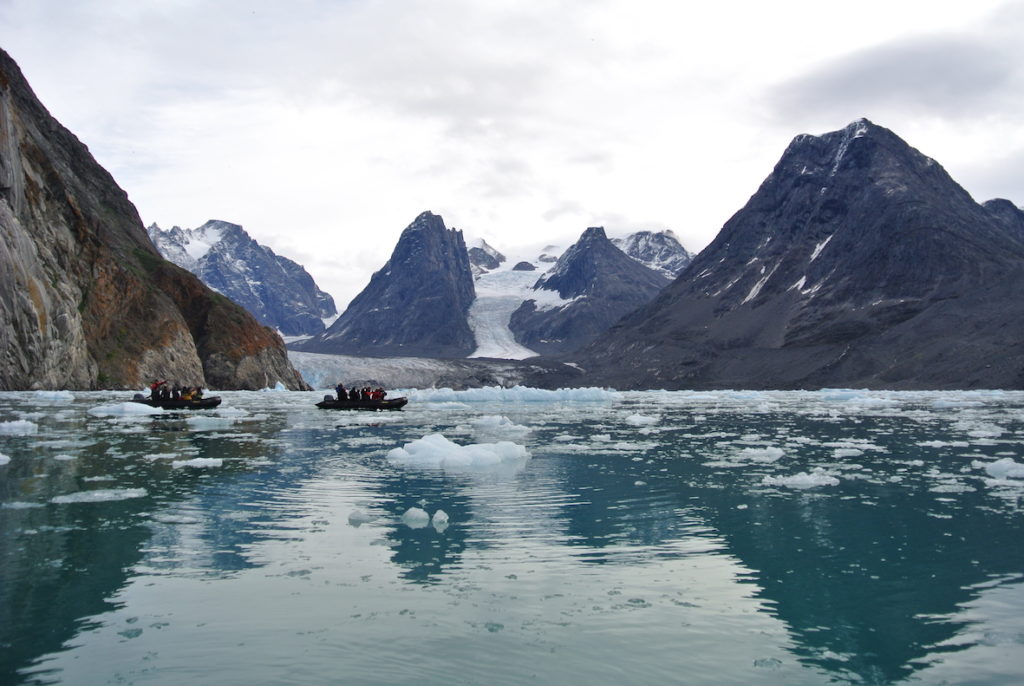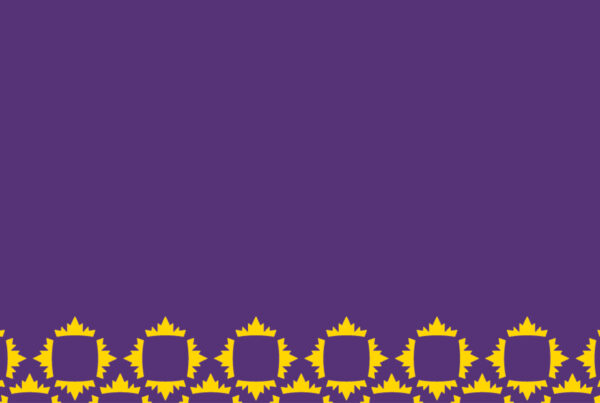By Marina Melanidis
If someone had told me when I was about to start the first year of my undergraduate degree at UBC that I would have conducted research in India and explored the Arctic on an ocean liner before I even graduated, I wouldn’t have believed them. The transition from my local secondary school to UBC’s size-of-a-small-town campus was exciting but it was also overwhelming, and amongst so many inspiring people and incredible opportunities I was stricken with a fear of not being good enough. I could hardly imagine classes of 200 people, much less places thousands of kilometers away.
I can definitely imagine both of those now.
My name is Marina Melanidis. I was born and raised in Vancouver, British Columbia, where I am also currently pursuing a BSc in Natural Resources Conservation in the Faculty of Forestry as a senior undergraduate student at UBC. During the second year of my degree, I was fortunate enough to receive an opportunity to intern at the Wildlife Institute of India (WII) as a Forestry co-op student through the Canadian Queen Elizabeth II Diamond Jubilee Scholarship Program (QES). QES is managed through a unique partnership of Universities Canada, the Rideau Hall Foundation (RHF), Community Foundations of Canada (CFC) and Canadian universities, and is made possible with financial support from the Government of Canada, provincial governments and the private sector.

UBC student Marina Melanidis was a forestry intern at the Wildlife Institute of India through the QES program.
I spent three and a half months in India in the summer of 2015. For the first five weeks I took a field course, and I interned with WII for the rest of the summer. I was wildly outside of my comfort zone. I had never been away from home without my family, and I had never experienced a place so different from where I had grown up. To say that I was hit by culture shock would be an understatement. For the first time I found myself unable to understand the language of the majority of people around me. Crowds were the norm instead of something only expected during special events, and monkeys were a hazard to be considered when hanging laundry to dry outside. I was hesitant and unsure, but I also found myself captivated by the vividness of the colours and by the people that were as diverse as the landscape.
But India was not the end of my adventures as a Queen Elizabeth Scholar. In January of 2017 the Faculty of Forestry at UBC notified me about an opportunity from Community Foundations of Canada to participate in the 2017 Students on Ice Arctic Expedition as a QES alumnus. I sent in my application, and the next thing I knew I was on a plane to Resolute Bay, Nunavut for the experience of a lifetime, for a second time.
Students on Ice is an educational foundation that gives youth the opportunity to experience the poles. On the 2017 Arctic Expedition, I was one of over 120 secondary school and university students that traveled from Resolute Bay, Nunuvat to Kangralassuit Greenland via the MS Ocean Endeavour, stopping along the way to participate in educational workshops, go on hikes and Zodiac cruises, and explore the landscape. More than 80 experts joined us on the expedition from every field, including scientists, musicians, Inuit community leaders, industry executives, artists, and explorers. They shared their knowledge with us through workshops, as well as through casual conversations that would occur over meals, on Zodiacs, and during hikes. The expedition was two weeks long, but contained months worth of learning and growth. Every day was a new incredible landscape and I was overwhelmed and inspired all at once.
India and the Arctic may seem like opposites at first glance, but I left the two with the same impression: climate change is about people, and connection is necessary for understanding.
I am a science student. While my degree is multidisciplinary, I had always thought about my interest in climate change and my passion for conservation from a scientific perspective. I had operated under the idea that humans and the environment can be separated, and that focusing on the scientific and technological aspects of the climate crisis is the most effective way to address it. I approached my experiences in both India and the Arctic with this perspective. I was excited to see the ecological landscapes of both places and to understand how mass extinction, pollution, increasing temperatures, and changing weather patterns are affecting the various ecosystems. While the cultures of India and the Arctic interested me, it was not the driving force motivating me to embark on these adventures. Ultimately, I was there for the science.

As a QES alumnus, Marina had the opportunity to join the 2017 Students on Ice Arctic Expedition with more than 120 high school and university students.
However, when I found myself back home after both experiences the impressions from the landscapes and the ecosystems are not what lingered – instead it was the people. I now realize that my entire perspective was based on a false assumption. Humans and the environment, climate change and culture – these things are inherently connected. Climate change is human, and we cannot hope to address it effectively without first fully understanding that, and implementing it into our solutions.
While understanding may be necessary to develop effective solutions, connection is necessary to foster understanding. This is what traveling allows for – it reduces the cognitive distance of a place by building real and personal connections to that place. As a QE Scholar, I developed a stronger connection to the world, to the people that live on it, and even to myself. Both experiences offered moments where I had to push through fears and uncertainty, but it was often in those moments where I felt the most connected to the people around me and the world we are all fighting for.
Climate change is a global problem – it has impacts that reach across borders, and it requires solutions that will do the same. As a Queen Elizabeth Scholar, I can no longer go through my life being satisfied with staying in one place. I can no longer be satisfied with being comfortable. I have a new drive to keep expanding my horizons, pushing past my fears to make connections in other places, and to keep discovering the human causes of climate change so that I can help find solutions. Moving forward, I plan to travel, pursue a graduate degree in international environmental policy, and work with communities to develop programs that will reduce our global environmental footprint in ways that work for people. Most importantly, I plan to continue to challenge myself and my perspective on the world, and to take the energy of India and the Arctic everywhere I go.
Geoff Green, the Expedition Leader and Founder of Students on Ice, said this to us during one of the afternoon programs: “The future of great explorers are those that find new ways of living sustainably.”
I plan to be a great explorer.
Learn more:
Queen Elizabeth Scholars tagboard



